Iran: Up to US to take first step by lifting bans, rejoining JCPOA
Iran’s UN ambassador says the ball is America’s court regarding the nuclear agreement that it abandoned in 2018, adding that Tehran is waiting for the new US administration to take the first step to lift the unlawful sanctions and then rejoin the 2015 multilateral accord.
In an interview with NBC News on Monday, Majid Takht-Ravanchi said Tehran was not prepared to offer goodwill gestures or confidence-building measures until Washington removed its sanctions and returned to the Joint Comprehensive Plan of Action (JCPOA).
“It’s up to the US to decide what course of action to take. We’re not in a hurry,” he said.
In 2015, Iran and six world states — namely the US, Germany, France, Britain, Russia and China — signed the JCPOA which was ratified in the form of UN Security Council Resolution 2231.
However, the US under former president Donald Trump unilaterally pulled out of the JCPOA in May 2018 and reinstated the anti-Iran sanctions that had been lifted by the deal.
The Trump administration also launched what it called a maximum pressure campaign against Iran, targeting the Iranian nation with the “toughest ever” restrictive measures.
As the remaining European parties failed to fulfill their end of the bargain under US pressure, Iran began in May 2019 to scale back its JCPOA commitments under Articles 26 and 36 of the accord covering Tehran’s legal rights.
New US President Joe Biden has pledged to rejoin the accord, which was inked when he was vice president, if the Islamic Republic returns to compliance.
Citing Biden’s statements, Takht-Ravanchi said Iran wanted to see the new US president make good on his promises and if he did, Tehran would be ready to once again abide by the terms of the JCPOA.
“The ball is in the US court,” he said. “It is totally up to the new administration. So as soon as they implement their obligations, Iran has said on numerous occasions that Iran will return to the full implementation of its undertakings.”
He also stressed that it would be absurd for Iran to take conciliatory steps now when it was the US that violated the nuclear agreement by withdrawing.
“Words are not enough. We need to see action on the part of the United States,” Iran’s envoy added.
He further reiterated that the Islamic Republic does not seek a nuclear arsenal and simply wants to build a nuclear energy program for civilian purposes.
‘Tehran has no plans for dialog with Washington’
Elsewhere in his interview, Takht-Ravanchi noted that Iran has not spoken to the Biden administration yet and has no plans to do so.
“No, there has not been any conversation between Iran and the US after Biden came into office,” he said.
Asked if there were plans to open up direct or indirect dialog with Washington, Iran’s UN ambassador said, “We are not planning to initiate anything.”
‘Iran ready for prisoner swap’
Additionally, he emphasized that Iran would be open to an exchange of its nationals jailed in the United States in return for American citizens detained in the Islamic Republic.
“We are ready to engage on a comprehensive exchange of all prisoners or detainees on both sides, in the United States, in Iran, and those that are waiting to be extradited to the United States. And this is a very simple and straightforward proposition,” Takht-Ravanchi said.
US murder of Gen. Soleimani ‘cannot be unpunished’
He also reaffirmed Tehran’s pledge that it would retaliate for the US assassination of top Iranian anti-terror commander Lieutenant General Qassem Soleimani.
Trump “started a very dangerous game by assassinating General Soleimani. And we said that this cannot be unpunished. So this is our position,” he said.
General Soleimani, the commander of the Quds Force of Iran’s Islamic Revolution Guards Corps (IRGC), and his Iraqi trenchmate Abu Mahdi al-Muhandis, the deputy head of the Popular Mobilization Units, were assassinated along with their companions in a US terror drone strike ordered by Trump near Baghdad International Airport on January 3, 2020.
Both commanders were highly popular because of the key role they played in eliminating the Daesh Takfiri terrorist group in the region, particularly in Iraq and Syria.
The important of Venezuela for Iran
Iran beats traditional rival Russia in freestyle and Greco-Roman wrestling friendly
Rape trials trigger protests against French ‘sexist and misogynistic’ culture
US photographer opens Berlin exhibition with anti-Israel speech
VIDEO | Press TV's News Headlines
VIDEO | US 'non-profit killer’ bill targets pro-Palestinian groups
Explainer: How Yemeni military chased away US aircraft carrier from Red Sea?
French march for women of Palestine





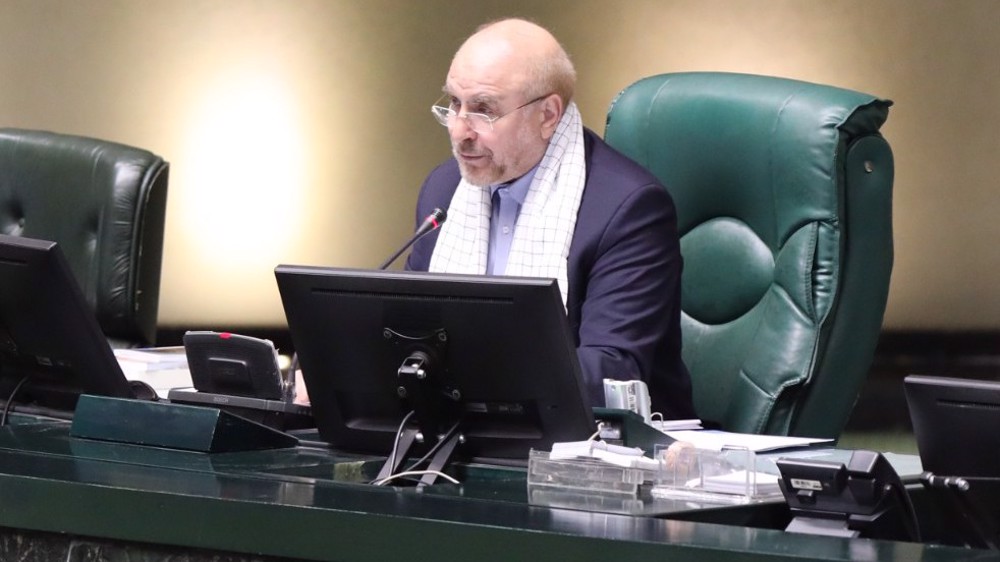
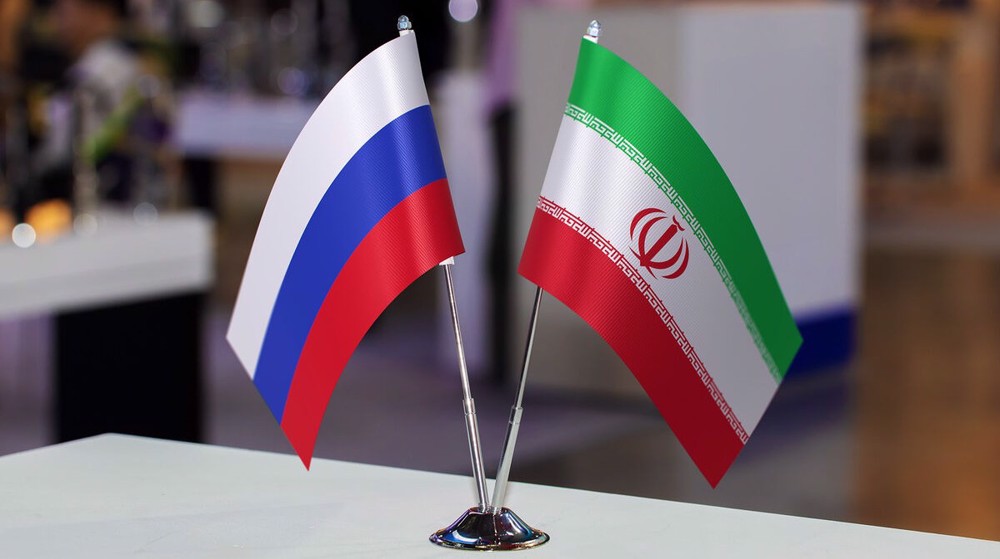
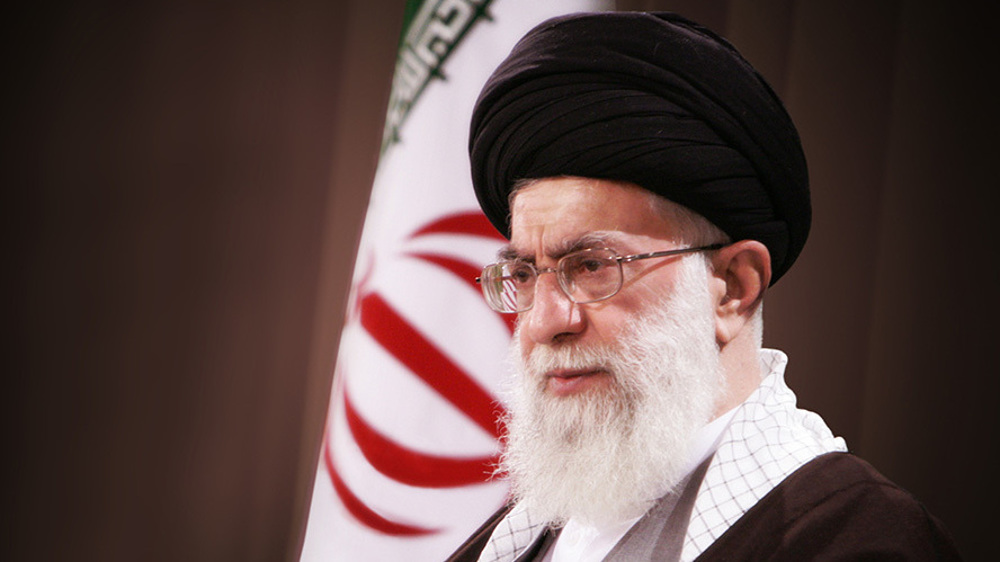





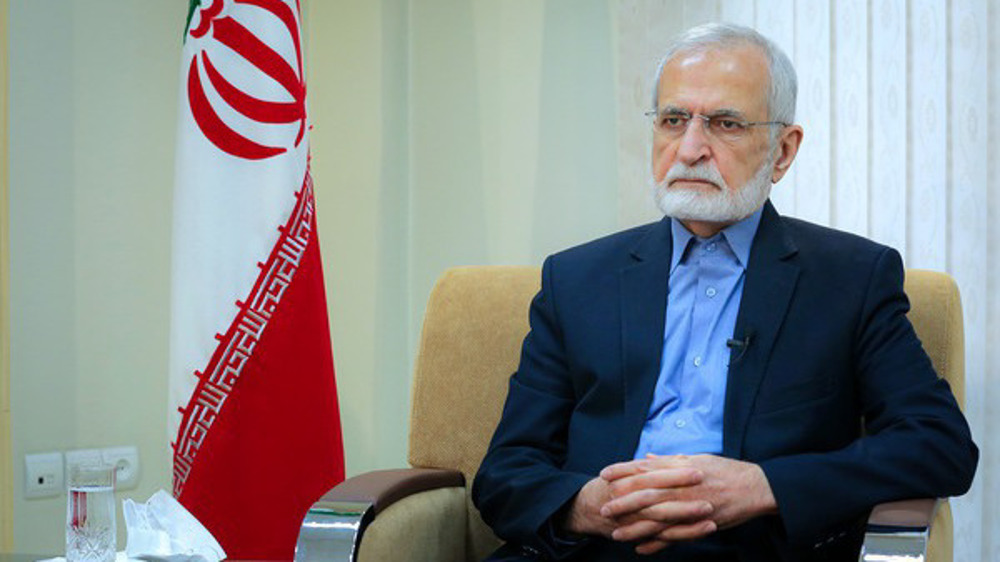
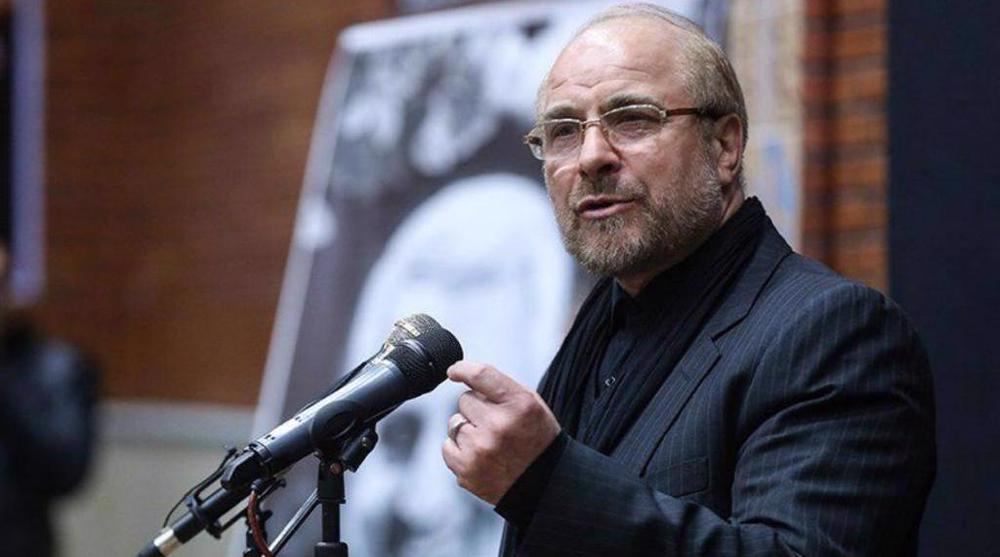





 This makes it easy to access the Press TV website
This makes it easy to access the Press TV website